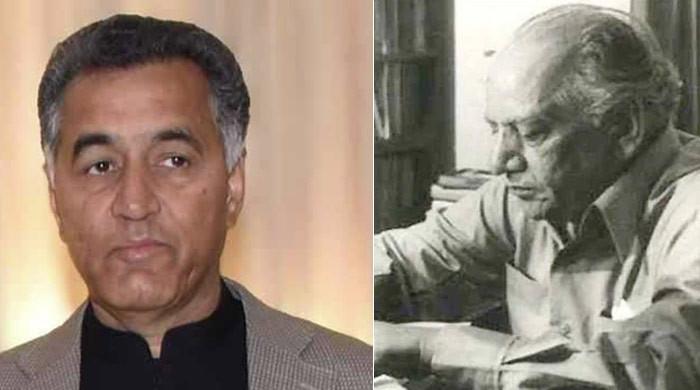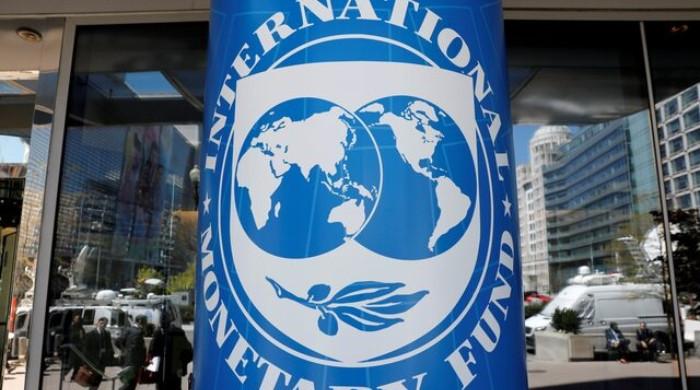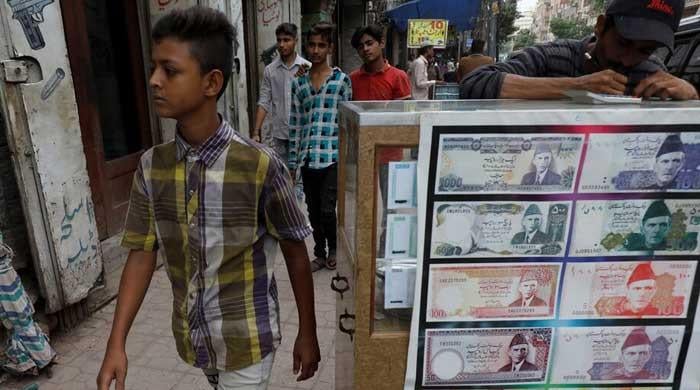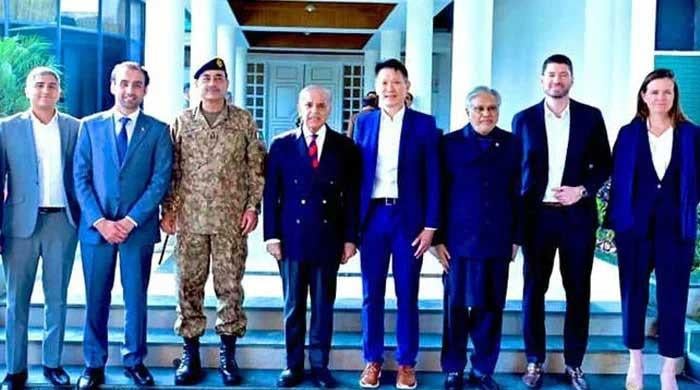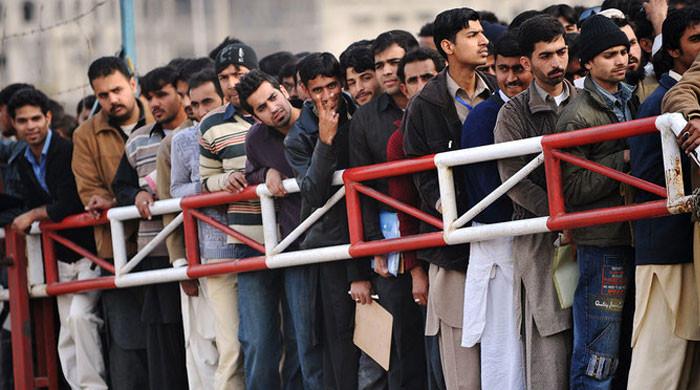Leader of the opposition in the Senate: Guilty or not guilty?
'Qureshi should also explain how Gilani was elected senator from the national assembly, where Qureshi’s party is in majority'
February 03, 2022
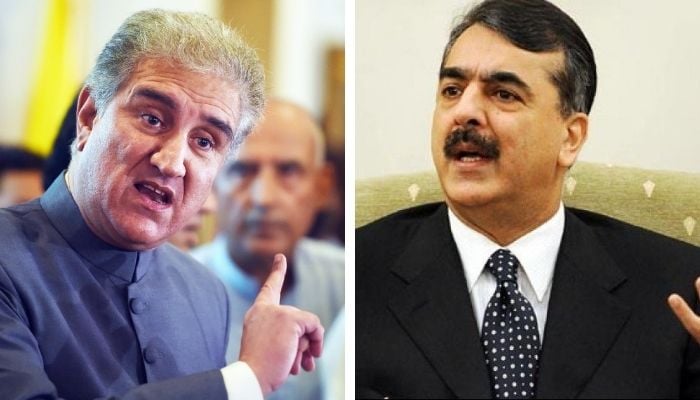
The verbal attack by Foreign Minister Shah Mahmood Qureshi on Pakistan Peoples Party leader Yousuf Raza Gilani on Tuesday was personal, and it had more to do with the politics of South Punjab then it did with the opposition’s recent defeat in the Senate.
That is why Qureshi choose not to focus on the larger question of fallen ‘morality’ in politics, on both sides of the aisle, but instead he targeted only one man, with whom he has history of rivalry, even when the two were in the same political party.
This is not the first time that Qureshi has publicly lost his temper and brought in the politics of South Punjab in an unrelated issue. Even today, he blames Jahangir Khan Tareen for his defeat on the provincial seat in 2018 that, he believes, took away his chances of becoming the chief minister of Punjab.
Now there is no doubt that Gilani also has a lot to answer for, such as how he got elected the leader of the opposition in the senate and with whose votes? But then Qureshi should also explain how Gilani was elected senator from the national assembly, where Qureshi’s party is in majority. It is no secret that the ruling party suspects that its own parliamentarians voted for Gilani, against their party’s candidate, Hafeez Sheikh, during the Senate polls.
Qureshi will not address that as it could stir up a hornets' nest and cost the Pakistan Tehreek-e-Insaf its majority in the parliament.
But back to Gilani. He is responsible for the loss in the Senate as he was the captain of the team, who did not turn up on the field before the toss. As a result his team lost the match. Although, no one knows whether this was a ‘fixed match’ or if some players (senators) did ‘spot fixing,’ if one is to believe the argument given by Dilawar Khan, leader of six independent senators.
It is unclear why Gilani was surprised at the government putting up the controversial State Bank bill on the agenda at the last minute. The government already had very few options, due to few seats in the Senate. They could have either asked the opposition for help or they could get the bill passed on a day the opposition was in less numbers. They choose the latter.
Now if one is to believe Gilani that he could not travel at night due to fog from Multan to Islamabad, then one wonders what stopped him from contacting Dilawar Khan or Mushahid Hussain Syed, who was Covid-19 positive, or other opposition senators from Multan to ensure the government’s defeat.
During the Senate session, the role of the Pakistan Muslim League-N also raised questions and so did that of Jamiat Ulema-e- Islam Senator Talha Mahmood. Had the Pakistan Democratic Movement’s leadership, led by Mian Shehbaz Sharif, who is leader of the opposition in the national assembly, and Maulana Fazlur Rehman done some leg work to ensure that senators from the oppositions parties be present on the day of voting, it would not have been this easy for the government.
As far as Gilani’s resignation as leader of the opposition is concerned, it i nothing more than an eyewash. But the chairman of the Pakistan People’s Party Bilawal Bhutto Zardari could have set a good example and accepted Gilani’s resignation and nominated someone like former chairman senate Mian Raza Rabbani or Sherry Rehman or Mustafa Nawaz Khokar.
Even if the PPP was not ready to accept Gilani’s resignation, it would have been better for them to have the leader of the opposition in the senate issue a formal and public apology for this irresponsible behavior.
Pakistan has been witnessing ‘horse trading’ since 1985, whether it was during the revolt against former Prime Minister Mohammad Khan Junejo in May 1988 or the attempt to oust former Prime Minister Benazir Bhutto through a vote of no confidence in 1989. Or during the Mehran Bank scam and distribution of money among the opposition leaders in 1990.
Yet, political parties continue to accept turncoats. Even the incumbent, Prime Minister Imran Khan, who would in the past talk about taking a moral high ground, not only accepted such politicians but also entered into an alliance with those whom he once considered as thieves and corrupt.
When he criticized the Supreme Court Bar Association for going to the Supreme Court against the disqualification for life of his rival Nawaz Sharif, one of his coalition partner’s cases in the National Accountability Bureau was closed for unspecified reasons.
Besides, none of the graft cases or inquiries filed against his own teammates have been completed to date.
Interestingly, Bilawal Bhutto Zardari also closed the file of Gilani and allowed him to continue as leader of the opposition in the senate.
It is indeed a sad week for democracy on all accounts.




